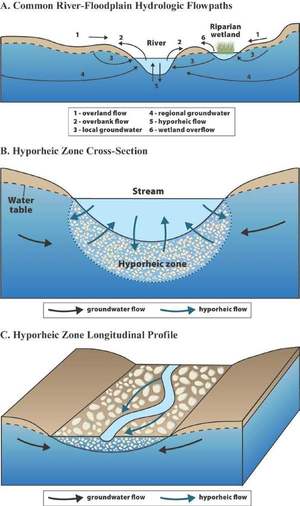This is an op-ed submission sent to many newspapers in WWALS’
watersheds and beyond. There is also a longer version. -jsq
 Protesters drove
up to nine hours to
Leesburg, GA July 10th, where Spectra Energy
lost an eminent domain demand for its Sabal Trail
36-inch, hundred-foot right-of-way natural gas pipeline,
and local landowners countersued.
Spectra hobbled back to Houston, Texas, bound by strict conditions for
surveying that one property,
and bound to haunt south Georgia again for a trespass jury trial.
Protesters drove
up to nine hours to
Leesburg, GA July 10th, where Spectra Energy
lost an eminent domain demand for its Sabal Trail
36-inch, hundred-foot right-of-way natural gas pipeline,
and local landowners countersued.
Spectra hobbled back to Houston, Texas, bound by strict conditions for
surveying that one property,
and bound to haunt south Georgia again for a trespass jury trial.
 Spectra
bragged in op-eds about 50 public meetings,
never mentioning overwhelming public opposition
in
Moultrie,
Valdosta,
Clyattville,
Madison and elsewhere to
that gash through our fields, forests, and wetlands,
and
under our Withlacoochee River twice.
Spectra
bragged in op-eds about 50 public meetings,
never mentioning overwhelming public opposition
in
Moultrie,
Valdosta,
Clyattville,
Madison and elsewhere to
that gash through our fields, forests, and wetlands,
and
under our Withlacoochee River twice.
Sabal Trail’s air quality permit application with
Georgia’s Environmental Protection Division
met immediate Continue reading →











